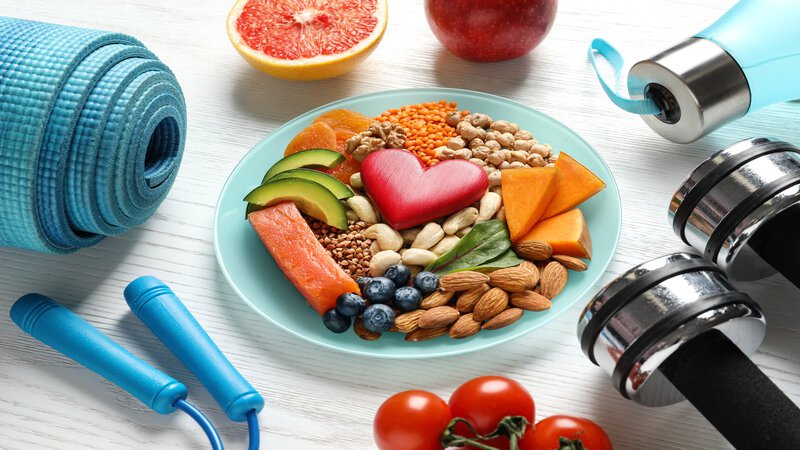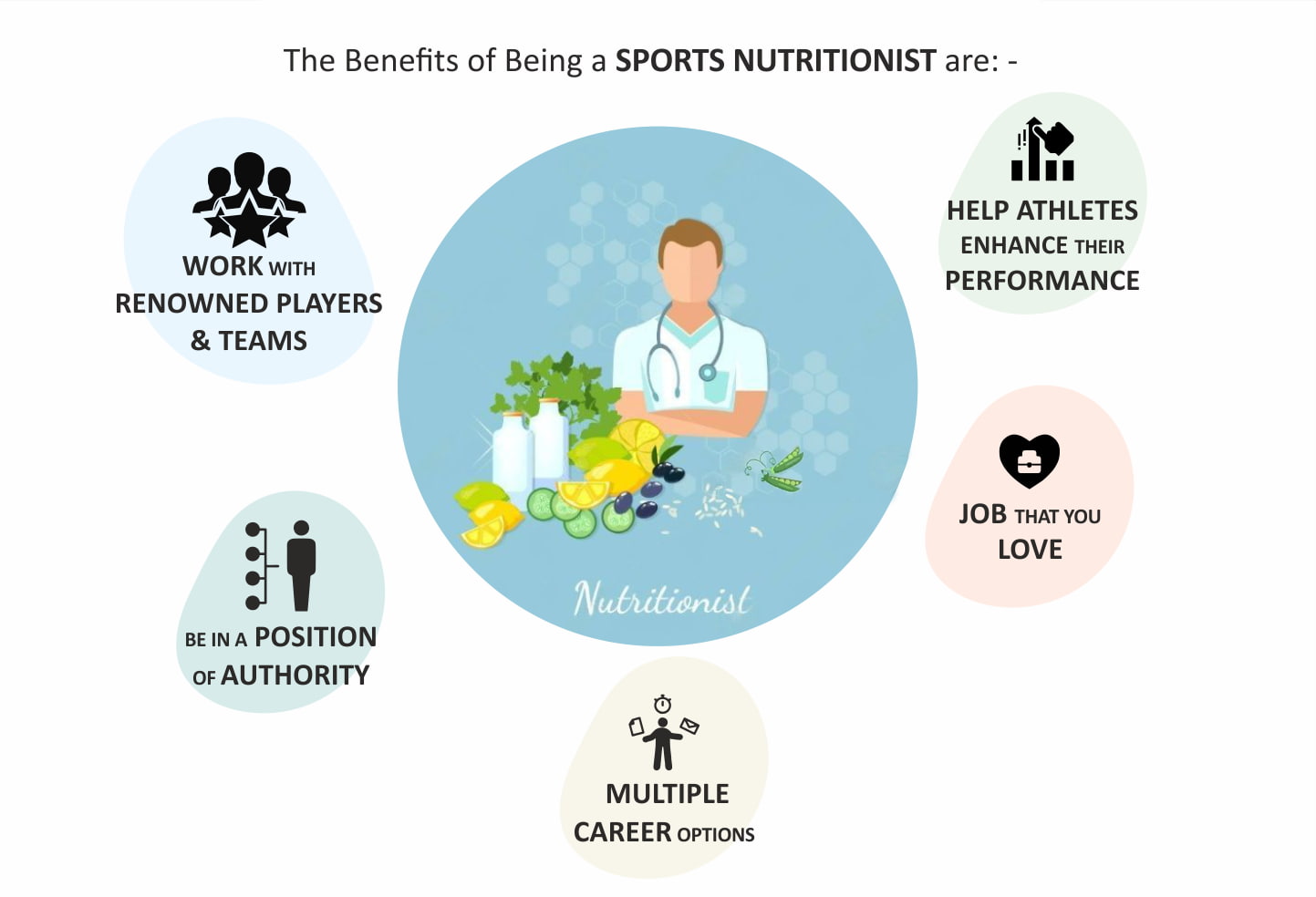Top Guidelines Of Sports Nutrition
Top Guidelines Of Sports Nutrition
Blog Article
Our Sports Nutrition Ideas
Table of ContentsNot known Facts About Sports NutritionThe Greatest Guide To Sports NutritionSome Ideas on Sports Nutrition You Need To KnowThe 9-Second Trick For Sports Nutrition
Hydration status is a crucial area of sporting activities nutrition that can make a difference in efficiency. As you exercise, you lose liquids and electrolytes in the form of sweat, your body's method of cooling itself down. When involving in continual high strength workout, you need to restore liquids and electrolytes to stop mild to potentially extreme dehydration.Every pound (0.45 kg) shed equates to 16 oz (0.5 L) of liquid loss. You must consume the equivalent quantity of fluid to rehydrate before the following training session. It's additionally vital to replenish electrolytes throughout and after extensive extreme workout to prevent dehydration.
That stated, taking into consideration that professional athletes commonly have better dietary requirements than the general population, supplements can be utilized to fill in any type of spaces in the diet plan. Some individuals choose to add protein powder to their oats to increase their healthy protein content a bit. Carbohydrate supplements may assist receive your energy degrees, particularly if you involve in endurance sports lasting longer than 1 hour.
Lots of long-distance endurance professional athletes will certainly aim to consume 1 carbohydrate power gel having 25 g of carbs every 3045 minutes during a workout session longer than 1 hour. Sports beverages additionally typically consist of adequate carbs to maintain energy degrees, but some professional athletes choose gels to stop excessive liquid consumption throughout training or occasions, as this may result in digestive system distress.
The 25-Second Trick For Sports Nutrition
In your body, beta-alanine serves as a building block for carnosine, a compound responsible for helping to minimize the acidic environment within working muscle mass throughout high intensity exercise. This might assist athletes such as short- to medium-distance runners and swimmers.
Below are 3 of the leading sporting activities nutrition myths and what the realities actually say. While protein consumption is a crucial factor in gaining muscular tissue, simply supplementing with healthy protein will not create any kind of significant muscle gains. To promote significant adjustments in muscle mass dimension, you require to regularly do resistance training for an extensive duration of time while making sure your diet regimen gets on factor.
One more usual myth in sporting activities nutrition is that consuming next page near to bedtime will certainly trigger added fat gain. This is based upon the presumption that because you're resting, your body is burning less calories, so any food you eat will be kept as fat. While it's true that your body burns fewer calories at remainder, this does not suggest the food will instantly be kept as fat.
Sport nutrition is the branch of and concentrated on people who exercise extreme or endurance sporting activities. Depending on the last goals of the sporting activity and the training, will stress different foods and diets. is essential since the nutritional requirements of a professional athlete are different from those needed by a regular person.
9 Easy Facts About Sports Nutrition Explained

is just one of the elements view it that affect exactly how well an athlete does, in addition to their hereditary make-up and the training they do. The foods consisted of in offer 3 standard objectives: Giving power Supplying issue for reinforcing and repairing cells Preserving and controling the metabolic rate There is no solitary for professional athletes; the depends on the details needs of each sport and the type of body of the athlete.
Mix it up Consume a diverse and well-balanced diet regimen that supplies the best quantity of power and crucial nutrients. Gas right Pick a range of food, consisting of foods which contain carbohydrates, based on the quantity of workout you are doing and vary your intake accordingly. Aim for 5 Eat at the very least 5 sections of vegetables and fruit a day; fresh, frozen, dried out and canned all matter.
Protein needs to preferably be uniformly distributed every 3 to four hours throughout the day. Researches show that the addition of 15-25g of healthy protein to a post-workout meal or snack can enhance glycogen storage, lower muscular tissue discomfort and advertise muscular tissue repair. This can be at any time in the 24 hr after your workout, although you may browse this site see reduced effects the longer you leave it.
6 Easy Facts About Sports Nutrition Described

strength athletes may choose to take creatine). Professional athletes curious about using a supplement must consult a recognized sports dietitian to guarantee they utilize the supplements safely and properly. Training quantity and strength can differ from day-to-day and week-to-week, along with your competitors routine. Consume and sustain your meals according to how tough or simple it is.

Report this page